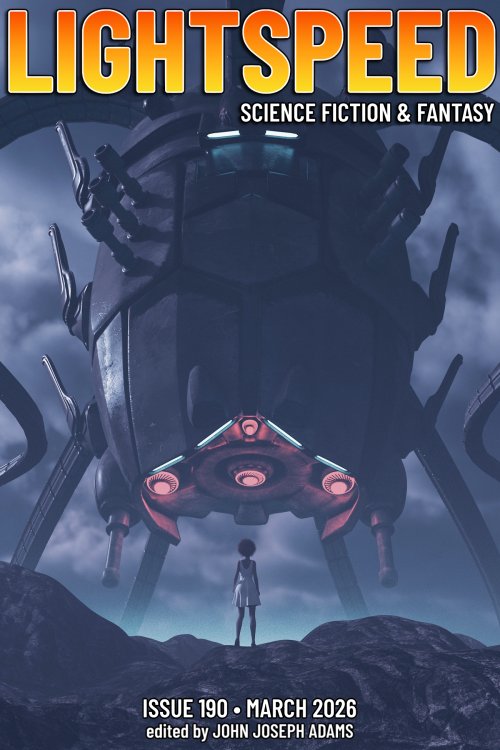Author Spotlight
Author Spotlight: E. Lily Yu
I can remember reading, at age eleven or so, Patricia C. Wrede’s Dealing With Dragons, in which Kazul informs Cimorene: “Queen of the Dragons is a totally different job from King, and it’s not one I’m particularly interested in. Most people aren’t.” And that made a great deal of sense to my eleven-year-old self. Growing up on Tamora Pierce and Mercedes Lackey, I was more interested in swords, bows, and hawks than whatever princesses were said to do before they were married off in horse-trading deals.









